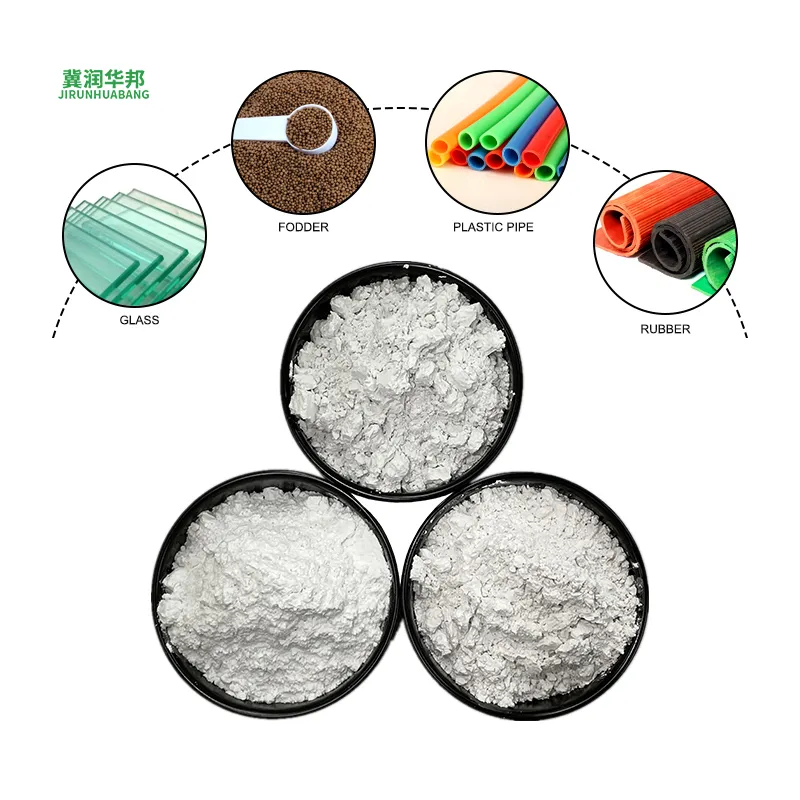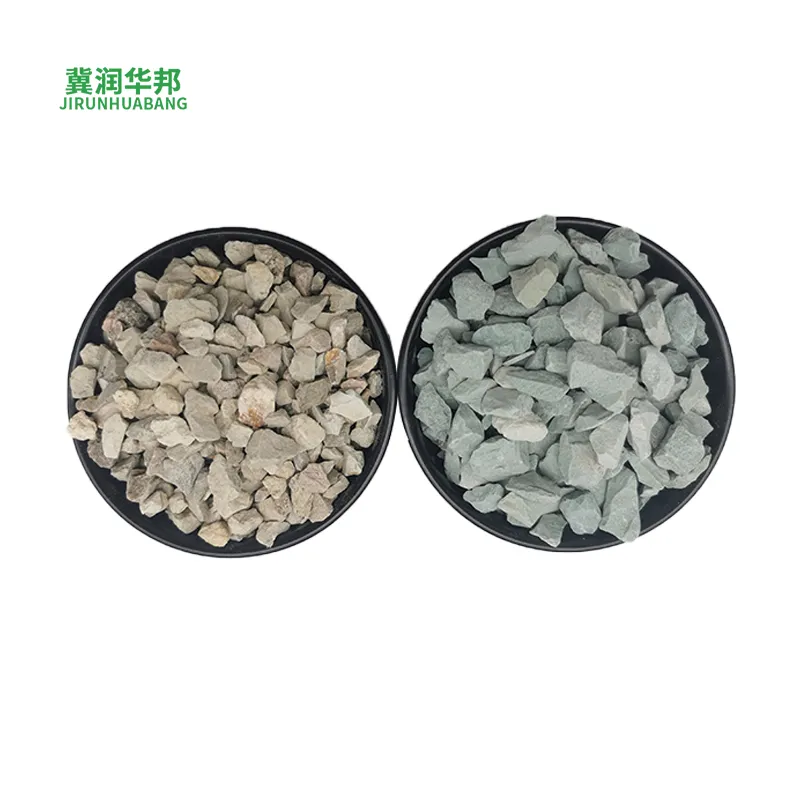Runhuabang Green zeolite powder 325 mesh feed added green zeolite powder aquaculture
Back to list
Feb . 10, 2025 22:56
Kaolin clay, also known as China clay, is a naturally occurring mineral with a wide array of uses. Its unique properties make it a versatile ingredient in numerous industries, including cosmetics, pharmaceuticals, and health and wellness products. This clay, rich in kaolinite mineral, has been valued for centuries and continues to be a staple in various product formulations today.
The growing trend towards sustainable and natural beauty products has amplified interest in kaolin clay. It is often sourced responsibly and processed with minimal environmental impact, aligning with consumer preferences for eco-friendly and ethical manufacturing practices. This green aspect boosts the clay's credibility and trust among consumers, who are increasingly conscientious about product origins and ingredient sourcing. Kaolin clay also plays a crucial role in the production of ceramics, acting as a primary component in porcelain and china production. Its fine-grained texture and high fusion temperature make it suitable for crafting durable and high-quality ceramic goods. Artisans and manufacturers appreciate kaolin's consistency and purity, which are critical for achieving the desired aesthetic and structural integrity in ceramic wares. In the paper industry, kaolin clay is utilized as a filler to improve the paper's brightness, opacity, and printability. The inclusion of kaolin enhances the smoothness of paper products, allowing for sharper and more vibrant printing results. This application underscores the clay's significance beyond cosmetics and health products, extending its value into everyday materials. Quality assurance and trustworthiness are fundamental when selecting kaolin clay for commercial use. Reputable suppliers ensure that their kaolin is free from contaminants and standardized for specific applications, which is critical for maintaining product integrity and consumer safety. Leading regulatory bodies often monitor and certify kaolin production processes, affirming its credibility and broad applicability. In conclusion, the multifaceted benefits of kaolin clay stem from its unique chemical and physical properties, which have allowed it to retain its historic value while adapting to modern needs. From skincare and pharmaceuticals to ceramics and paper production, kaolin clay demonstrates unparalleled versatility and reliability. For both product developers and consumers, this natural ingredient continues to offer significant advantages backed by years of experience and expertise.


The growing trend towards sustainable and natural beauty products has amplified interest in kaolin clay. It is often sourced responsibly and processed with minimal environmental impact, aligning with consumer preferences for eco-friendly and ethical manufacturing practices. This green aspect boosts the clay's credibility and trust among consumers, who are increasingly conscientious about product origins and ingredient sourcing. Kaolin clay also plays a crucial role in the production of ceramics, acting as a primary component in porcelain and china production. Its fine-grained texture and high fusion temperature make it suitable for crafting durable and high-quality ceramic goods. Artisans and manufacturers appreciate kaolin's consistency and purity, which are critical for achieving the desired aesthetic and structural integrity in ceramic wares. In the paper industry, kaolin clay is utilized as a filler to improve the paper's brightness, opacity, and printability. The inclusion of kaolin enhances the smoothness of paper products, allowing for sharper and more vibrant printing results. This application underscores the clay's significance beyond cosmetics and health products, extending its value into everyday materials. Quality assurance and trustworthiness are fundamental when selecting kaolin clay for commercial use. Reputable suppliers ensure that their kaolin is free from contaminants and standardized for specific applications, which is critical for maintaining product integrity and consumer safety. Leading regulatory bodies often monitor and certify kaolin production processes, affirming its credibility and broad applicability. In conclusion, the multifaceted benefits of kaolin clay stem from its unique chemical and physical properties, which have allowed it to retain its historic value while adapting to modern needs. From skincare and pharmaceuticals to ceramics and paper production, kaolin clay demonstrates unparalleled versatility and reliability. For both product developers and consumers, this natural ingredient continues to offer significant advantages backed by years of experience and expertise.
Share
Previous:
